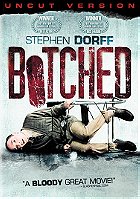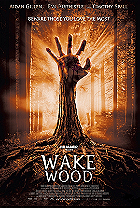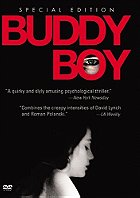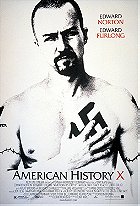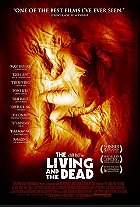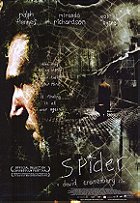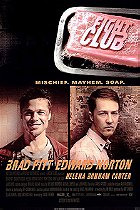It is the story of a feuding couple and a little boy caught in the crosshairs. He, in turn, becomes convinced that there is something malevolent living in his closet. Because of this, he starts being increasingly clingy and defiant, and refuses to sleep in his own room.
At what point will Jake's parents stop hurting him? At what price will he free himself of his demons? His fears start when his neighbor's brat son Dillon (Matthew Josten,) whose harassment he is supposed to tolerate, tells him that the dead, mutilated rabbit in his yard was offed by a zombie.
The more he tries not to think about it, the more his fear grows. Meanwhile, his parents get divorced, and his abominable mother (Brooke Bllom) tries to convince herself, and her son, that his father (Sean Bridgers) is abusing him so that she can gain full custody.
"Jake's Closet" sports a kid's eye view visually (Something the opening scene of John Carpenter's "Halloween" tried and failed to do) and an interesting beginning scene. Anthony De Marco is emotive and cute as a button, and it's easy to identify with him.
On the other hand, there are several over-the-top characters, such as Jake's mother's Southern charmer, obnoxious love interest (Ben Bode) and the alcoholic babysitter (Barbara Gruen.)
Despite this, the three leads remain grounded in reality. When Jake Finally meets his monster, it looks like a latex mask, and the blood in the dream sequence looks unbearably fake. Ah, the constraints of a low budget.
Nevertheless, this flawed but deeply human film remains saddening, angering, and innovative. Considering the young lead's many family problems, it provides a set-up to a probable sequel, "Jake's Doctor."
Note- The rating for this film would of hit a 7/10, if not for the final scene, which felt a bit too much like a bad 80's movie.

 Login
Login
 Home
Home 127 Lists
127 Lists 162 Reviews
162 Reviews Collections
Collections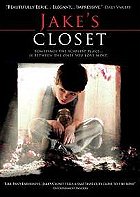
 0 comments,
0 comments, 

